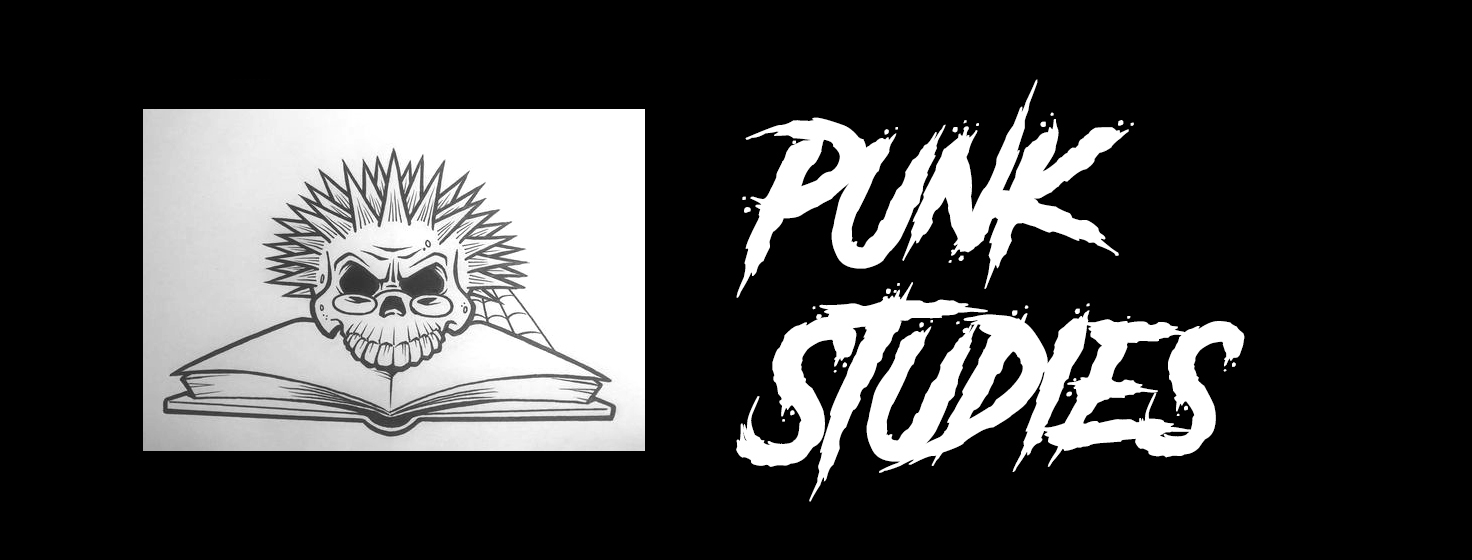The second day of the worldwide Punk Scholars Network 2021 conference. From the USA and Canada: a virtual conference on Sunday 5th December 2021.
Unfortunately, due to circumstances, I was only able to attend part of that afternoon (North American time). The informative papers read at the conference surely deserve more attention than they did during the Zoom event.
Before the proper start of the conference on Zoom, Daniel Makagon asked me how the PSN the Netherlands 4 December webinar had gone.
Panel 1: Punk People
13:00-14:00 (1:00-2:00 EST)
Program Chair: Ellen Bernhard
1. John Charles Goshert – “You (plural): Political Configurations of Punk’s DIY Ethos”
2. Chanel Prince – Afropunk Unfortunately, this interesting subject was canceled.
3. Anthony Moll – More Than Aesthetics: On the Unexpectedly Punk Ethic of Rupi Kaur’s Poetry. Rupi Kaur is an Indian-born Canadian poetess. Anthony Moll pointed out the parallels between punk music and Kaur’s poetry, eg the DIY side of both. The establishment criticized both as simplistic.
I pointed out, also asked by Nico Rosario, who smilingly calls herself ‘part time punk’, that the term ‘hardcore punk’ had changed from the 1970s, when it implied a level of commitment to punk, not a certain musical style subcategory, to its meaning from the 1980s in the USA on. Siouxsie Sioux blamed US post-1080s hardcore for rolling back some of the progress for women which she and other early punks like Poly Styrene and the Slits had caused. John Charles Goshert reacted that the ‘Youth Crew‘ tendency within US hardcore was indeed male-dominated. In Youth Crew there was heavy metal influence which may have contributed to make punk less diverse then.
Panel 2: Punk Politics
14:15-15:15 (2:15-3:15 EST)
Program Chair: Nico Rosario
Unfortunately, I was only able to attend the first contribution of that panel, as I had to leave.
1. Sophia Martinez-Abbud – The Chicano Punk Narratives of Oscar Acosta and Richard Rodriguez
Sophia Martinez-Abbud saw interesting parallels between punk and Oscar Acosta, eg in his irreverence towards authority. Even though this Chicano rights activist disappeared in 1974, before the official start of punk rock. Though Richard Rodriguez opposed the Chicano rights movement, according to Sophia Martinez-Abbud, there are parallels to punk in his writings as well.
2. Ellen Bernhard – “Waive your rights like you just don’t care”: Culture jamming conspiracy theories in Bad Religion’s “Do the Paranoid Style”
3. Antonio Pineda & Jorge David Fernández Gómez – “No Way: Eskorbuto for PM!” Punk Music and Anarchist Ideology in Eskorbuto. About a band from the Basque country.
Panel 3: Punk Places
15:30-16:30 (3:30-4:30 EST)
Program Chair: Jessica Schwartz
1. Kimon Keramidas – Mapping a Movement: People, Places, and Punk in a Hardcore Gazetteer
2. Mike McDowell – “Reinventing Axl Rose”: Gender, Performativity, and Identity in Gainesville’s Punk Scene
3. Dawson Barrett – Punks in Peoria, in Illinois
4. Christopher Gunter – The Chronotype of Punk: Activism in Space and Time

Trackbacks/Pingbacks